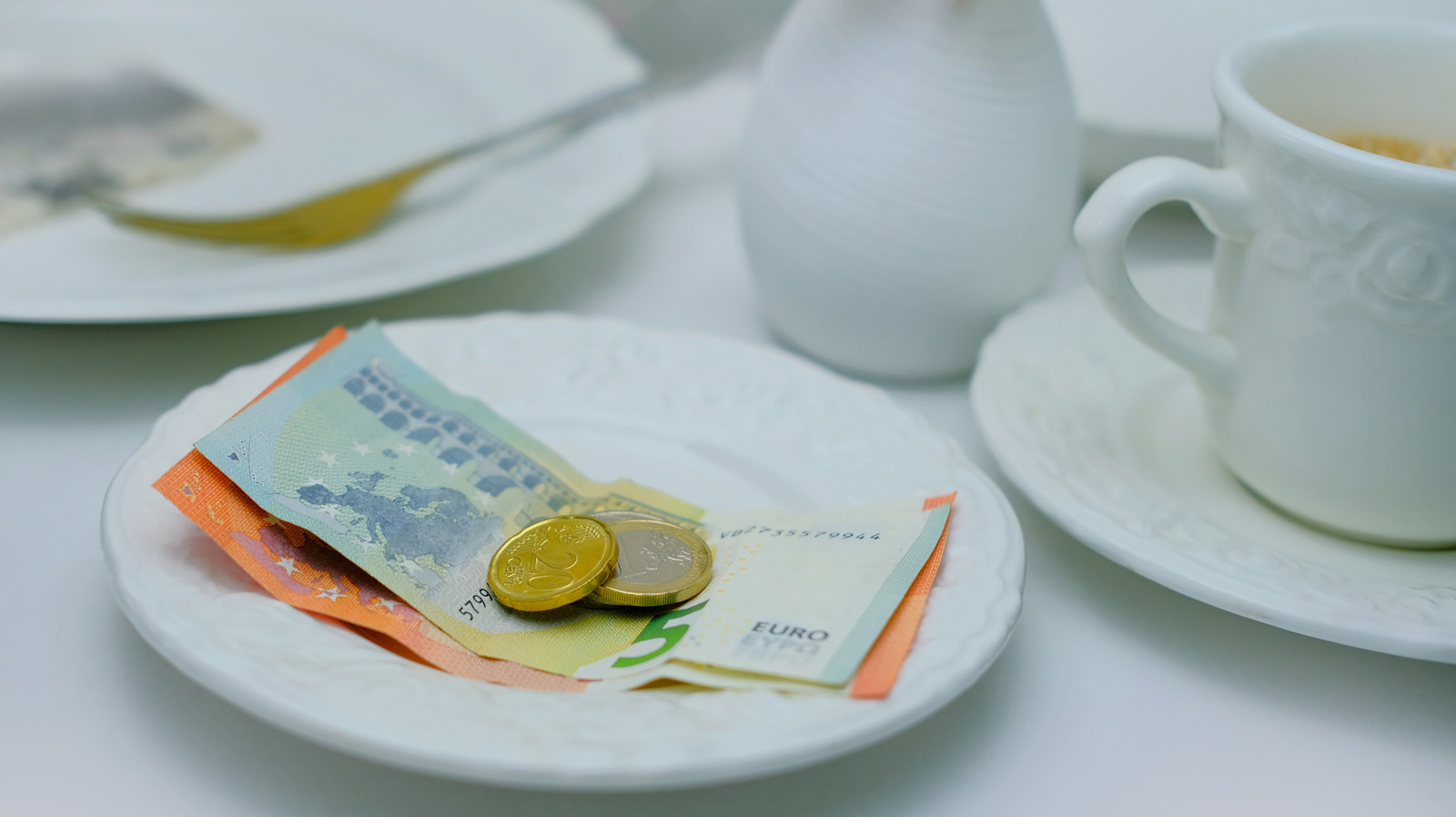
"In Europe, tipping is very different than it is in the U.S. Most waitstaff are paid a living wage to begin with, meaning that to them tips are what they are intended to be: a gift for exceptional service."
"5% is adequate and 10% is considered a nice tip... locals just leave coins on the table, round up, or often don't tip at all."
"As a U.S. citizen abroad, it can feel deeply unnatural not to tip, but it really is alright. The origins of tipping are deeply controversial."
"Tipping is different in every country, and many businesses where you might expect to be asked for a gratuity may not even have a tip jar or a line on the receipt for tipping."
Tipping practices vary significantly between the U.S. and Europe. In many European countries, waitstaff earn a living wage, making tips a sign of exceptional service rather than an expectation. According to tipping expert Rick Steves, tips of 5% are adequate, while 10% is a nice gesture. Locals often just round up or leave coins. For U.S. citizens abroad, not tipping may feel strange, but it is culturally acceptable in many places, as tipping customs differ from country to country.
Read at Tasting Table
Unable to calculate read time
Collection
[
|
...
]